
by Nicholas Mitsakos | Artificial Intelligence, Book Chapter, China, commodities, Currency, Economy, Globalization, Innovation, Trade, Writing and Podcasts
The United States and China play global economic and political chess games. There are many moves and defensive and offensive strategies, not only for trade but also for energy and natural resources (rare earths among the most recent flavors of discord), geopolitics (Russia, Ukraine, Iran, the Middle East generally), technology (Taiwan and AI), and global economic supremacy. It’s a long list, but China and the US drive the outcomes. Instead of working for mutual benefit, regardless of fundamental cultural and political differences, we are now drawing bright lines demarking battle zones (Ukraine and Russia; Taiwan; AI and advanced technologies). The result will be economic and technical inefficiency and degradation in the quality of life, safety, and prosperity. China must acknowledge the outrage caused by its overreaching bids for control, and America must adjust to China’s presence without selling honor for profit. Competition is not us-or-them; reality is us-and-them. The U.S. semiconductor industry gets 30% of its revenue from China. China’s resulting products service the world, and China’s producers need the U.S. as well. If allowed, such examples of mutual benefit will proliferate. It is naïve to imagine wrestling China back to the past. The project, now, is to contest its moral vision of the future. Connected, collaborative engagement is the only practical way. China has come a long way, and its trajectory cannot be ignored or dismissed. The U.S. and China will be much better off from this more enlightened, realistic perspective. See the whole board.
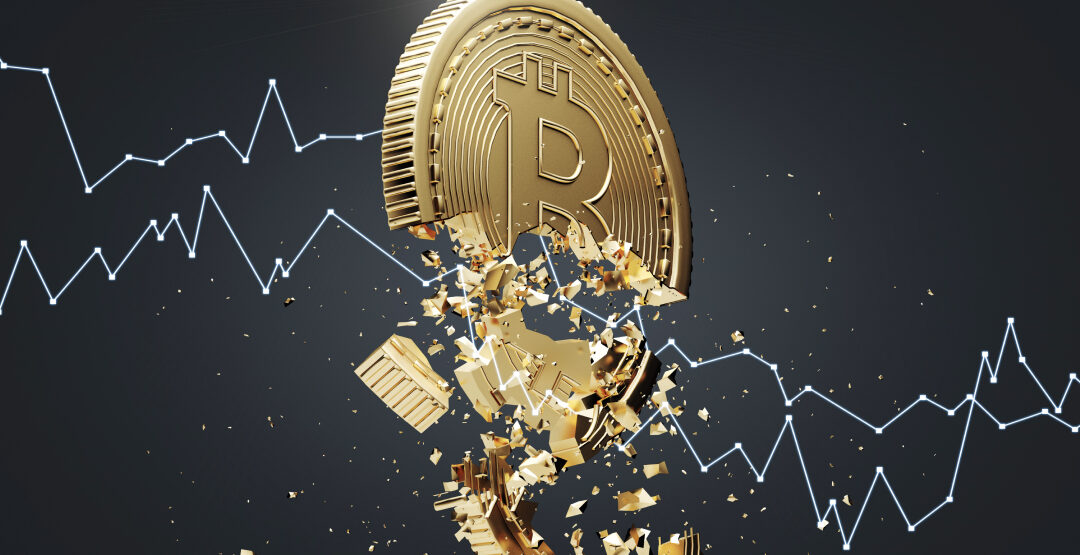
by Nicholas Mitsakos | Currency, Digital Assets, Financial Technology, Investments, irrationality, Transformative businesses, Writing and Podcasts
Cryptocurrency staying power has certainly been challenged these last few weeks. There is been a general market drop (even correction), but crypto has been collapsing in value and, to many, is in a death spiral. Of course, reality is more nuanced, and with more detailed analysis, a broad brush hardly seems appropriate. Certainly, the weakest and, honestly, craziest portions of the crypto world have been exposed to be nothing more than silliness. But some components remain resilient. The market is quite effective at sorting the specifics of an otherwise overgeneralized sector. There is no such thing as “crypto.” There are stable and valuable digital assets, globally exchangeable and disruptive. Others have nothing but fluff. Of course, government should insist on more reliable information, and institutions should guard more effectively against fraud. But, there is wheat among the chaff, and it continues to have the potential to be disruptive, create substantial value, and enhance global prosperity.

by Nicholas Mitsakos | Book Chapter, Currency, Digital Assets, Investments, Technology, Writing and Podcasts
Super lofty ideas get attention and publicity, but they are not real. Narrow, specific applications are where true foundational value is created. The financial revolution will certainly not be based on a process where someone buys coins or tokens and simply waits for them to increase in value. On top of that, despite the belief that there will be frictionless peer-to-peer transactions, purchasing any cryptocurrency requires a crypto exchange like Coinbase or FTX that charge high trading fees and have questionable security. Blockchain is an evolution for businesses, it is not a disruption or a new infrastructure. It will improve user experiences, regulatory clarity, and interoperability. Crypto proved that digital transfers and settlements were possible, it is the blockchain platform that enables this efficiently and securely. It may be boring and we’re not going to have any stadiums or arenas named after a technology platform, but real change will be driven by a blockchain. The rest is a noisy sideshow.
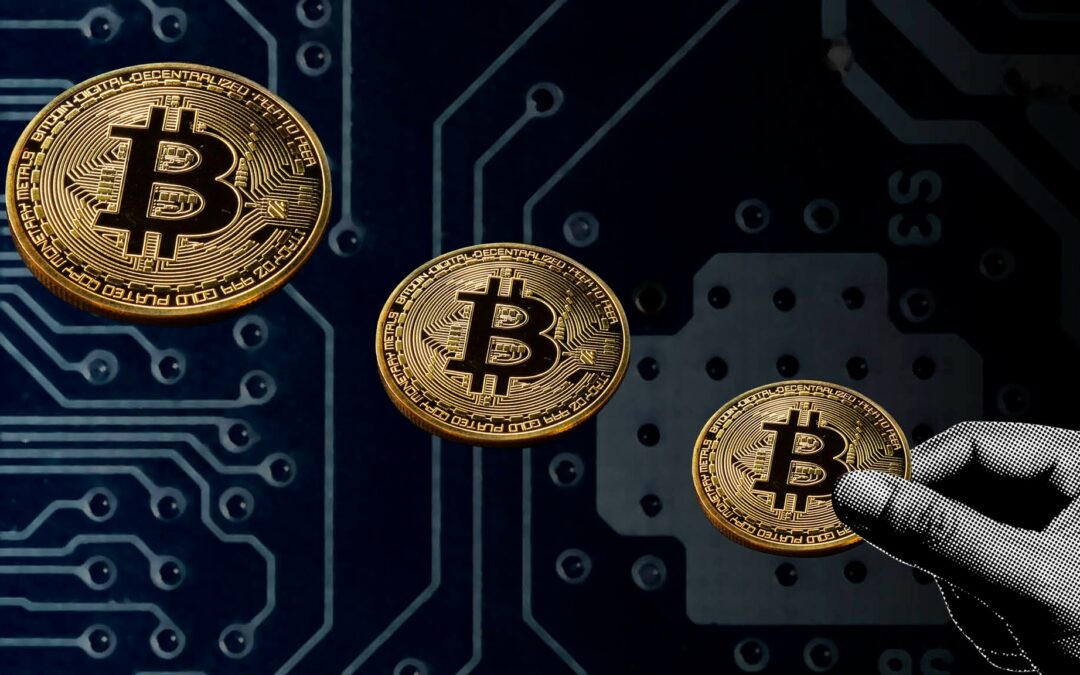
by Nicholas Mitsakos | Currency, Digital Assets, Writing and Podcasts
Cryptocurrency refers to many types of digital assets, including blockchain-based businesses, NFTs, and decentralized finance. Long-term value is challenging to determine, but extreme and frequent volatility isn’t. Disciplined algorithmic trading appears to be the most attractive and least risky investment approach.

by Nicholas Mitsakos | Book Chapter, Currency, Economy, Finance, Investment Principles, The Market, Writing and Podcasts
Financial markets are imbalanced and lack liquidity in crucial sectors, even historically stable and predictable markets such as the global bond and currency markets. Investments are slanted in one direction more frequently and the markets are vulnerable to big price swings as a result. These large global markets are not immune to ever more lopsided trades creating extreme volatility. This occurs even when a small change occurs in positions, sentiment, or news. Even the world’s most liquid markets, US dollar currency trades and US Treasuries, are seeing skewed positioning resulting in surprisingly large shifts in prices and Treasury bond yields. The market now leans too far one way or the other, and that imbalance will be forced to reverse more powerfully and unpredictably.

by Nicholas Mitsakos | Book Chapter, Currency, Economy, Public Policy, Writing and Podcasts
Central bank independence and fiscal responsibility matter, even though the Western world is acting as if these rules no longer apply. Well, perhaps. But the world has given us three examples where the consequences are extreme when these basic foundations of economic policy are ignored or violated. Ultimately, if markets lose confidence in a central bank’s independence and thoughtfulness (yes, thinking really matters), or a sovereign government’s fiscal responsibility (where thoughtfulness is never taken for granted), inflation expectations will undermine an economy and make recovery almost hopeless.
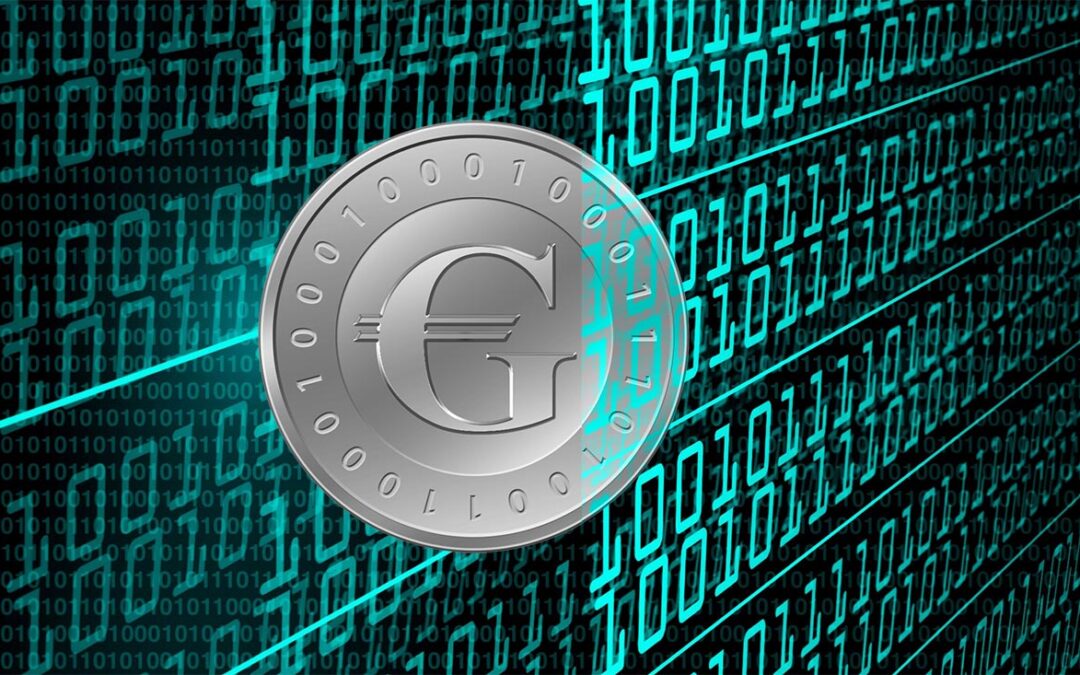
by Nicholas Mitsakos | Book Chapter, Currency, Digital Assets, Investments, Technology, Writing and Podcasts
Decentralized finance (DeFi) can disrupt global finance – but only if Defi systems and central governments cooperate. Yes, sworn enemies cooperating for the greater good.
While each seems to be the sworn enemy of the other, ultimately, a cooperative relationship between decentralized and efficient (versus anachronistic and cumbersome) financial infrastructure and government central banks with stable currencies is absolutely necessary.
Defi transactions, to scale globally, require stable and predictable value. Government-issued currencies are the only reliable and foreseeable foundation. Cryptocurrencies, such as Bitcoin were never currencies. They are a sideshow that will remain a speculative asset, and increasingly unimportant.
Cryptocurrencies represent an architectural shift in how financial infrastructure and technology interact, and therefore, it is disrupting how the financial industry works globally. It is neither a new kind of money system nor a danger to economic stability. It is more important than that.

by Nicholas Mitsakos | Book Chapter, Currency, Digital Assets, Investment Principles, Writing and Podcasts
“Distributed ledger technology and digital assets have the potential to dramatically disrupt global equity and debt markets.” (World Economic Forum, May 2021)
Distributed ledger technology (DLT), otherwise known as Blockchain technology, will radically simplify financial markets and, more importantly, fundamentally change the market’s infrastructure. Specifically, distributed ledger technology decentralizes critical data and enables an entirely new financial system where capital flows without the need for traditional intermediaries.
While there are challenges and numerous detractors, DLT is an irreversible disruptive force transforming capital markets and the global financial system.
Regulators (a potential obstacle) are increasingly comfortable with this technology. Distributed ledgers, decentralized finance, and Blockchain-based platforms are creating products and services evolving from exploration and experimentation to commercialization. DLT will be transformative to the world’s largest industry and represents an unprecedented opportunity. New digital platforms created by decentralized finance companies integrate securities and other digital assets comprehensively. The platforms enable market participants and intermediaries to issue, trade, settle, and provide custody services for digital assets, usually consisting of digitally native equity tokens (ICO’s).
These digital asset and financing platforms exist in parallel to existing market infrastructure and securities markets, in many cases offering an alternative digitized version of a standard asset class. Fundamentally, what is disruptive is that this new technology disintermediates all parties, creating effectiveness and efficiency in the transfer and recording of transactions that is unprecedented in legacy infrastructure

by Nicholas Mitsakos | Book Chapter, Currency, Digital Assets, Technology, Writing and Podcasts
Gold is built on a collective belief in its value. There is nothing fundamentally “inherent” in the price attributed to gold other than an agreed-upon value. The same is true with Bitcoin and other crypto. In fact, it’s fair to say that all asset prices are fundamentally based on the collective belief about value regardless of some perceived upon “inherent” value.
The pervasiveness of crypto as it exits a somewhat self-contained digital world and has institutional investor attention forming a basis for far-reaching financial transactions establishes it more as an economic force much more than a financial sideshow.
Game Theory contends that people act collectively if they believe others are doing the same. Essentially, the theory holds that many situations provide a clue, called a “focal point” around which people coordinate their actions, even if there is no explicit agreement to do so. As John Maynard Keynes has said, picking investments is much like guessing the winner of a beauty contest. It is not a matter of what you think, but it is predicting who most people think the winner should be. This is how markets move and it is based on a fundamental tenet of game theory.
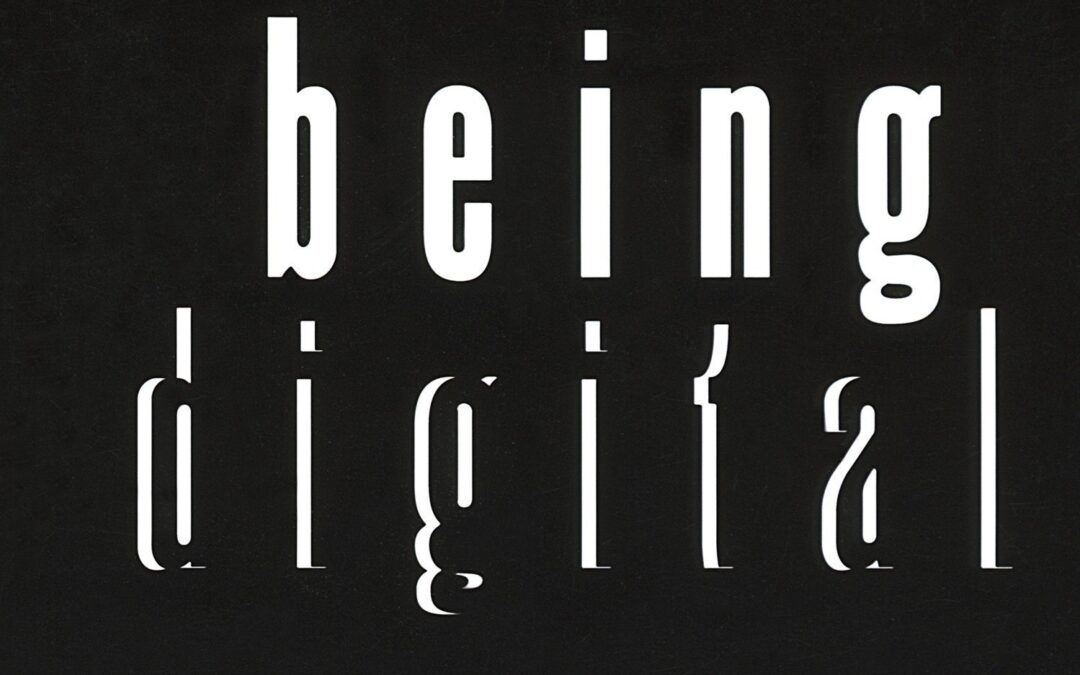
by Nicholas Mitsakos | Book Chapter, Currency, Digital Assets, Writing and Podcasts
“Being Digital,” the groundbreaking book by Nicholas Negroponte described what happens to a global economy when all assets can be digitized. Presciently predicting the impact on music, film, retailing, and commerce in general, Negroponte intuitively understood the disruption and the creative/destruction that would be unleashed when a globalized infrastructure could deliver all products and services, including assets and intellectual property, instantly via a worldwide digital infrastructure and network.
The same “digital” effect is impacting global finance today. Now, all financial assets are “being digitized” and can be delivered instantly on a global infrastructure, fundamentally upsetting the world’s largest industry with unprecedented creativity and destruction.
Crypto assets are the manifestation of that digital form. While there is debate about whether or not an asset can truly be “digital,” the market has spoken. While there will be continued volatility, speculation, creation, and destruction, a digital platform for financial transactions ranging from the simple transfer of funds to complex financial transactions, investment, and lending are here, disrupting a multiple trillion-dollar industry.

by Nicholas Mitsakos | Book Chapter, Currency, Digital Assets, Investments, Writing and Podcasts
Bitcoin is an innovative, rapidly expanding network for storing and exchanging value among investors.If it’s an asset, does it have an inherent value, like gold? Arguments about “inherent value” are, and always will be, meaningless. Is there really some kind of “inherent value” in gold? We just decided it was valuable to us. The same is happening with Bitcoin.
It’s a cryptoasset that has the safe haven characteristics of gold and will potentially compete with it for a place in portfolios. Bitcoin is not a currency and will not be adopted as a new medium of exchange. It is not a stable store of value, nor can it be easily transmitted and exchanged for any good or service at a consistently predictable value. But, that’s not important from an investor’s perspective. Bitcoin remains incredibly volatile, and its correlation with other major assets has been inconsistent, but allocations are seen as suitable among an increasing number of investment professionals, and, increasingly, it is seen as an alternative investment equivalent to a derivative or other call options, given the potential for spectacular returns. The downside is well-defined while the upside can be asymmetric and significant.
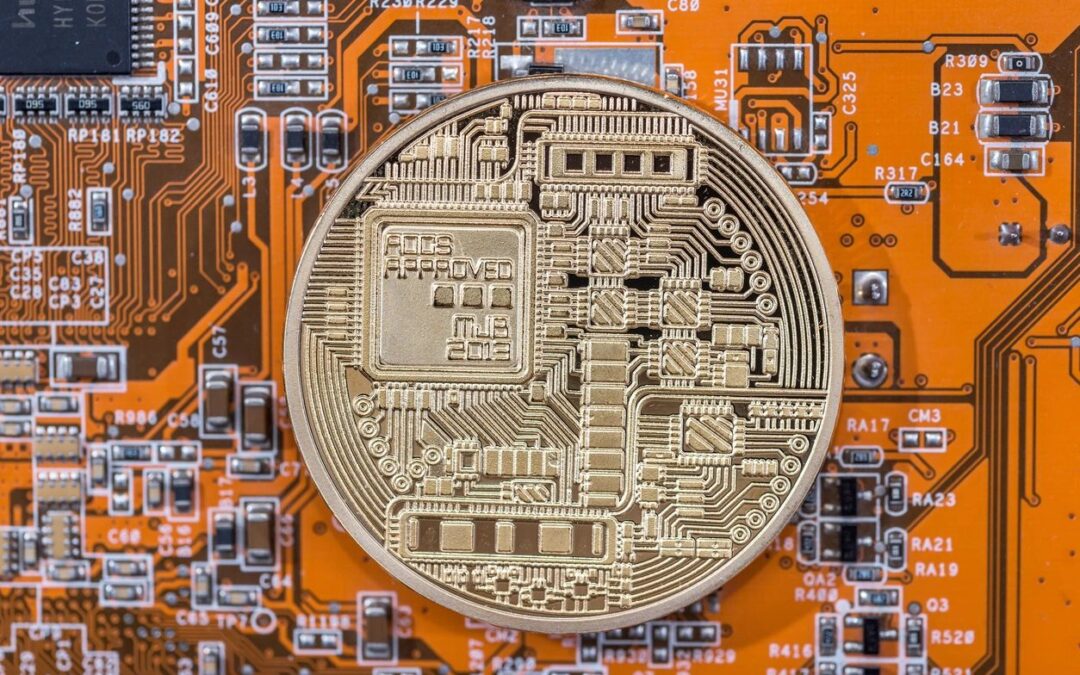
by Nicholas Mitsakos | Currency, Investments, Writing and Podcasts
“I believe that the present, accurately seized, foretells the future.” V.S. Naipaul
There is a lot of uncertainty today in the markets, but there has always been uncertainty in the markets. We have never had certainty regarding the economy or the future. The most reasonable exercise, as V.S. Naipaul reminds us, is simply to understand the present. So what’s going on? The economy is accelerating. Inflation isn’t a problem. The Fed is going to keep interest rates as close to zero as possible for the foreseeable. These components are driving valuations higher, and in some cases, approaching stratospheric levels. Some concern is warranted in certain sectors, but overall, things seem to be relatively steady and not too overblown. Earnings appear likely to grow, and in many cases, quite rapidly, for the next couple of years – assuming something unforeseeable does not occur (but this probability is not zero). Bitcoin has a few interesting characteristics worth understanding. It is a decentralized, permissionless, peer-to-peer network of computers that’s permanent and unhackable . An investment in Bitcoin is, in reality, a part of the peer-to-peer computer network (essentially, a slot on the database), and almost all of those slots have been allocated. Only 21 million Bitcoins will be produced and 18.5 million have already been mined and circulated. Price is a function of supply and demand (see Economics 101). Arguments about “inherent value” are, and always will be, meaningless. Is there really some kind of “inherent value” in gold? We just decided it was valuable to us. The same is happening with Bitcoin. Bitcoin supply grew 2.5% in 2020; it will grow 2.0% in 2021.The question for Bitcoin valuation is simple: Is demand growing faster or slower than 2.0% annually?












